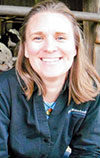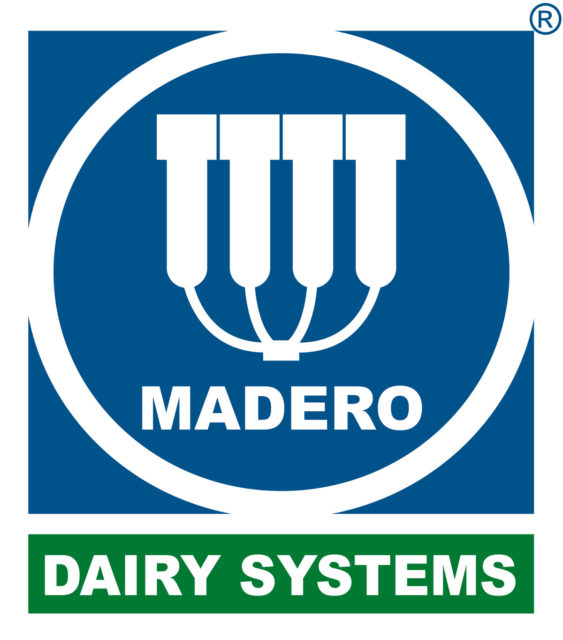When you build a barn, it’s like you’re putting together a complex jigsaw puzzle. Since there are many pieces in the puzzle, it pays to spend time looking at the big picture to ensure you have all the pieces and they fit together the way you want. If you don’t spend time planning, you can waste a lot of time and money while adding complexity and frustration to the process. The worst-case scenario is: You end up with a barn that doesn’t have the cow comfort or labor efficiencies you want.
Just like putting together a puzzle, you’ll spend hours hunched over the table as you are planning your new barn. You put the edges together first, similar to developing the barn’s footprint before starting to build.When developing the footprint, it’s important to think about how all the components of the barn building, like the posts, will impact the use of the barn. Consider talking with your barn equipment vendors to ensure the best positioning of stalls, waterers and fans. Oftentimes, posts will be positioned in the middle of a cow stall and limit lunge space. One important decision – like the position of the posts – also impacts the everyday lying space for a percentage of your cows. When the barn drawing is set, it’s very hard to go back to adjust without adding cost and complexity.
Once the edges are put together, you work on fitting and maneuvering the internal section of the puzzle. This includes considering how decisions will impact other systems within the barn. For example, bedding choice will impact the manure handling and storage system. Sand lanes and manure storage to handle the volume of bedding will be needed when bedding with sand. If you choose to use waterbeds or a mattress, the top bedding volume will have less of an impact on your manure handling. All the systems in your barn work together. If there’s one section that takes too much physical space or budget, you must adjust another area.
As you begin the planning process, consider these questions.
1. When planning your barn, what are the first puzzle pieces you put together?
2. Spend some time drilling down into why. What can you learn from asking yourself, “Why are you doing something a certain way?” and finding the answer behind the first answer? For instance, if you decided you want automatic scrapers, why? What other systems impact your automatic scrapers? Do you need to think more about the decisions for scrapers or other systems that impact the scrapers?
3. At what point will the impact of one decision pose too great of challenges in another area to nudge you into looking at alternatives?
As with a puzzle, you’ll recruit others to help you along the way by seeking the input of your banker, construction advisers and trusted vendors.
- Who is your top adviser or team of advisers you consult with when planning a new facility?
- Who is an adviser who is out of the ordinary, who could provide insights you haven’t considered before?
- What are the most important changes you are looking to make in the new facilities compared to the current ones?
The chances of the cat or a gust of wind moving a puzzle piece off the table while you are gone is high, and you won’t realize it until the puzzle is almost complete. The same is true when planning for a barn. An upgrade or new product may be introduced, or you may not be able to source your preferred product due to supply chain issues, so you are forced to choose an alternative at the last minute.
1.What are the non-negotiable upgrades or changes you want to make with a new barn?2. Are there advisers or vendors who have provided excellent service and expertise who can help you see where you might be missing pieces sooner rather than later?
3.How can you ensure you’re not missing a key puzzle piece of your completed barn project? If you get tired of 1,000 puzzle pieces spread across your dining room table, it’s easy to box it up and put it away. The same is not true for a barn building project, and the many hours spent are not as easy to box up and put away. Your farm’s future, profitability, working environment and cows’ health depend on your ability to put the pieces of the puzzle together.





